Our Approach and Disclaimer
We must state emphatically that we are not making health claims about our coffee. Of course, the U.S. Food and Drug Administration controls what a food company can and cannot say about the functionality of their products. We understand the protection value of this in principle—the marketplace can be confusing, and it is difficult to get clear, correct information. We do not ever want to contribute to misinformation.
In fact, accurate information on coffee is one of the motivations of the founding of Purity Coffee, because we, too, were confounded by the “noise” of the internet, when it came to facts on coffee. Instead, we seek to discover, learn and present the most current scientific research on coffee done by university and professional, independent research labs. We examine the technical literature on coffee from peer-reviewed professional journals and books (not blog posts or distilled news articles). We also encourage the large community of wellness professionals (thousands of whom are Purity subscribers) to check us and ask questions—this has made us better and stronger over the years.
It is important to note that many studies on coffee consumption are observational. In these studies, disease incidence is often associated with multiple factors, so scientists try and record everything from lifestyle choices, diet, level of exercise, genetics, and even geography when possible. These studies are powerful because they cover large populations and have impressive results, and in order for them to be published in some of the best medical journals in the world, they must first make it through the rigorous scientific peer review process. The aim of peer reviewing is to provide an unbiased, independent, and critical assessment of submitted manuscripts. It is a strong safety for the scientific community and the public alike. Any study that is finally published in an academic, peer-reviewed medical journal has been vetted by multiple experts.
It is difficult to explain why some people react to coffee one way, and others another way. Of course, all of us are different with our own internal chemistry, biology, and functionality of our many glands, organs and moving parts. Similarly, every coffee is different with its cocktail of compounds in different quantities. Coffee is a complex blend of hundreds of compounds, the amounts of which depend on various aspects of the coffee quality. There are poor quality coffees which contain mycotoxins and contaminants, with low nutritional value that are vastly different in health impact than coffees that are pure and full of nutrients and antioxidative compounds. Quality is also determined by type of coffee (arabica or robusta), cultivar, handling and processing from farm to country of consumption, how it is roasted (degree of roasting, type of roaster used, etc.), when and how it is ground, and finally how it is brewed.
Very few scientific studies explain or take into account any of these factors related to quality, and they do not always explain what “a cup of coffee” is (or they state that it ranges in type and brew). A “cup of coffee” to many westerners might be about 235 ml (about 8 fl. oz.) brewed using about 15 grams of coffee, a paper filter and about 4 minutes steep time… that’s a little strong for some people, but many studies are from other countries, where coffee is stronger and may not be filtered with paper. The effects of coffee quality and preparation techniques on the antioxidant capacity of coffee brews is impactful, as studied by Komes and Belščak-Cvitanović in 2014, among many others.
Finally, it is important to be clear: The science cannot tell us that everyone will react to coffee the same way. Individuals metabolize coffee compounds their own way and tolerate compounds differently. Just because a specific compound is in coffee does not mean it will yield the results that are conjectured unless the coffee is tested in vivo with a large group of people (which is why observational studies are helpful). This is why all of the coffees we have produced are theorized, but do not have health claims: We have had many customer reviews that tell us the coffee yields the results we intend, but some people react differently than others. We are seeking medical researchers to work with us to conduct in vivo studies—please contact us if interested.
This is The Purity Approach:
- We start with our mission: To improve the world’s health through coffee. We believe coffee is a functional food (and in some cases a plant medicine). As with any food or medicine, it is not for everyone, and we always insist that you listen to your own body. We explain in detail coffee’s functionality on the web pages for each product.
- We follow the science. There is an abundance of peer-reviewed, formal studies in scientific food, nutrition, medical and biochemical journals about coffee’s compounds. We then study our own coffees in relation to what the science said and make a plan to apply the science for continual improvement. Again, these are not “health claims”, but we present and cite the evidence for you to study and decide for yourself.
- We take our learning from the science and integrate it with our coffees. We only buy green coffees (the raw agricultural product from which fresh roasted coffee is produced) that meet our rigorous standards based on what we see in the literature. All our coffees have the following fundamental standards as a baseline from which we develop additional standards as the science presents new information:
- Mold-free
- Mycotoxin-free
- Certified organic and tested free of pesticides and other contaminants
- Specialty grade for exceptional taste and highest quality beans
- Regeneratively and/or biodynamically farmed for sustainability



